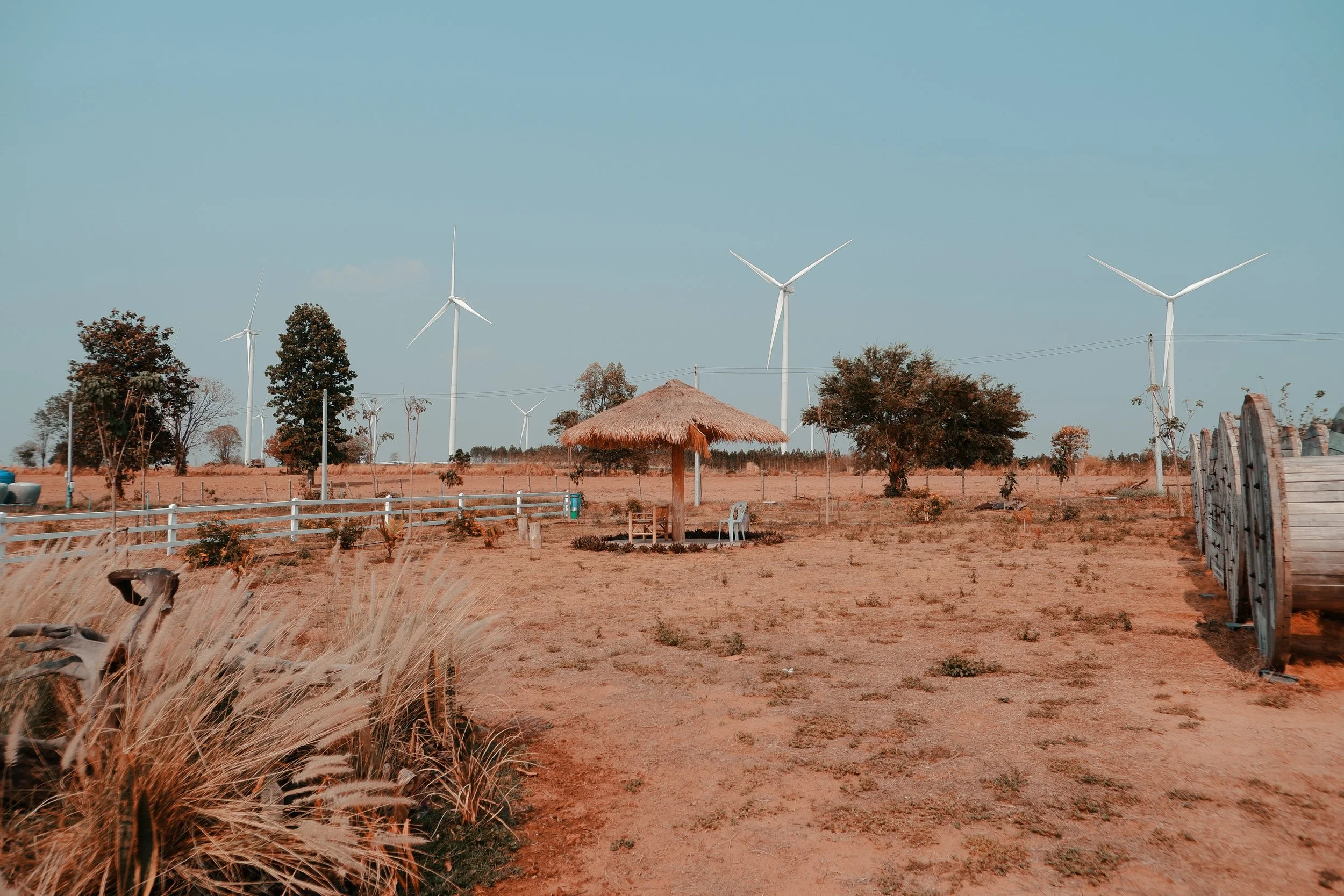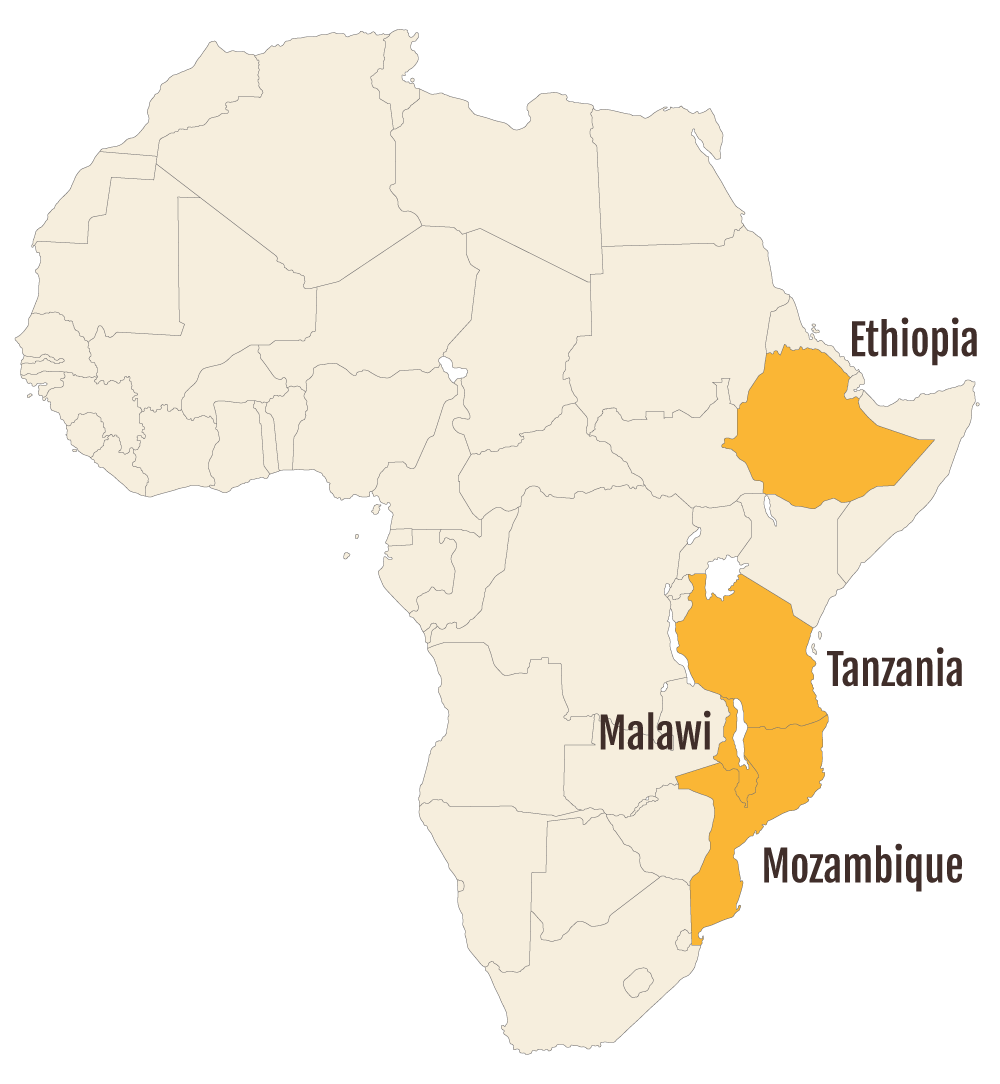Mainstreaming Gender Equality and Social Inclusion for a Just Energy Transition in Ethiopia, Malawi, Mozambique and Tanzania (JustGESI)
5 Gender Equality
7 Affordable and clean energy
A persistent gender and inclusion gap prevents the delivery of a Just Energy Transition
Implications
Energy policy that does not reflect diverse energy needs
Energy injustices related to gender relations
Lack of participation of women in the renewable energy labour force.
JustGESI tackles the drivers of discrimination and oppression that prevent advancing Gender Equality and Social Inclusion (GESI) for a Just Energy Transition
Country-based critical policy analysis
Theoretical and empirical knowledge on GESI opportunities
Capacity building and curriculum development
Interdisciplinary research from a diverse team
Place-based action research to develop e-cooking and entrepreneurship.
Institutional ethnographies to reveal the drivers of discrimination.
Capacity building to deliver the skills needed for a just energy transition.
International research theme coordinators
-
University of Sheffield
-
Loughborough University
-
University of Strathclyde
-
Sheffield Hallam and UCT
In-country teams
-
Academic Leadership
Mekelle University , Addis Ababa UniversityImpact partners
Ethiopian Women in Energy, Ministry of Water and Energy, Ethiopian Clean Cooking Alliance -
Academic Leadership
Ardhi University, TATEDO-Sustainable Energy Services OrganisationImpact partners
The Institute of Engineers -
Academic Leadership
Mzuzu University, Malawi University of Business (MUBAS)Impact partners
Mulanje Energy Generation Agency, Chipopoma Energy Project, Self-help Africa, Ministries of Energy and Gender -
Academic Leadership
Universidade Eduardo, Mondlane Centre for Research on Governance and DevelopmentImpact partners
SNV Netherlands Development Organisation, Technoserve, Ministry of Energy and Natural Resources

Creating Impact
Short-term, practical responses
Demonstration projects
Policy reform proposals
Female engineers trained
New curricula
Long-term, strategic changes
Transforming gender relations through changes in energy systems
Promoting institutional change to make
GESI a common practice within the energy sectorDeveloping new curriculum that transforms energy education










